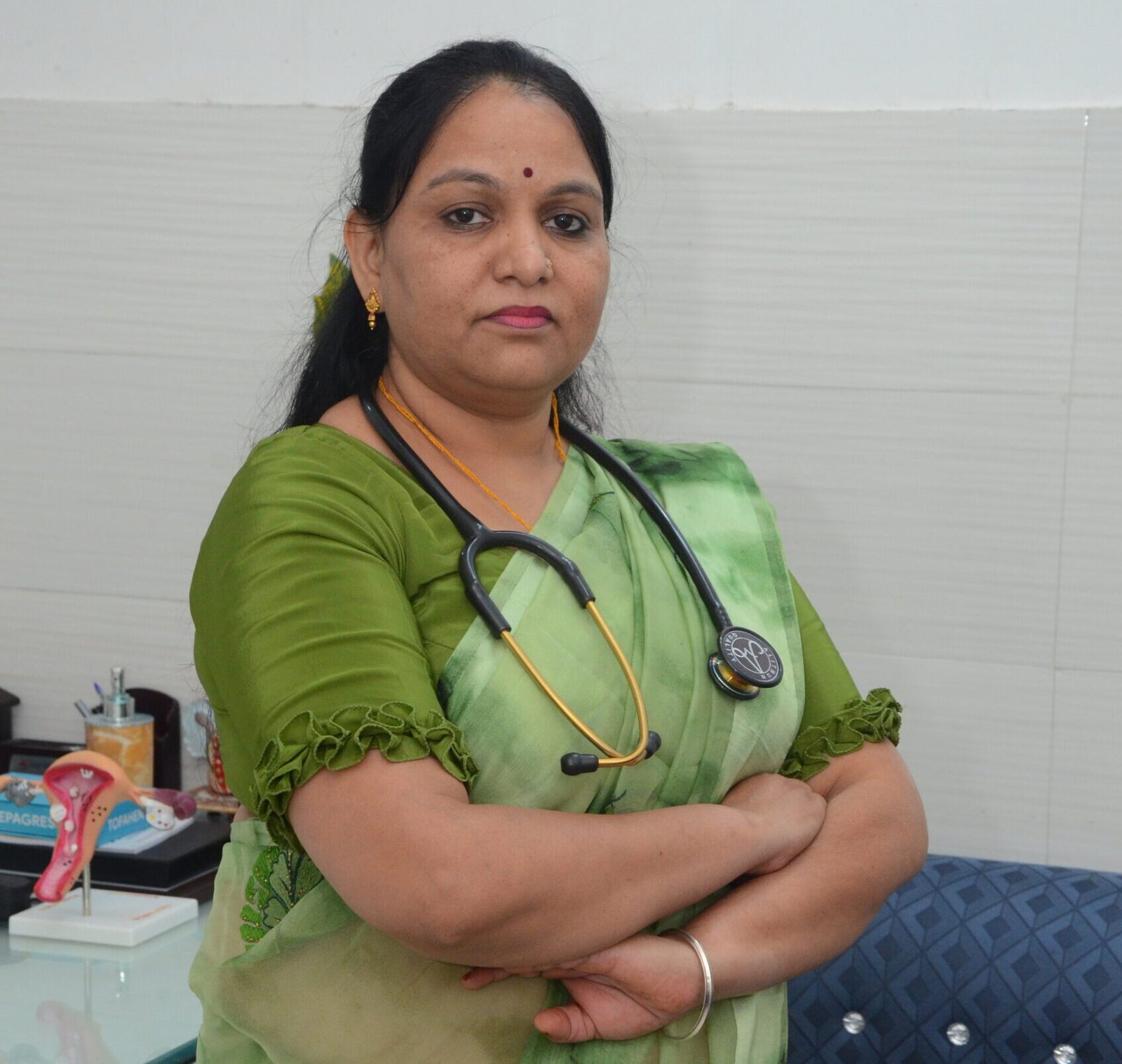Regular gynecological check-ups are a cornerstone of preventive health care for women. These routine visits play a crucial role in maintaining reproductive health, detecting potential issues early, and providing valuable education and guidance on various aspects of women’s health. At Vatsalya Hospital, our dedicated team of gynecologists emphasizes the importance of these check-ups and ensures that each patient receives comprehensive and compassionate care.
Why Regular Check-Ups are Crucial
Early Detection of Health Issues
Early detection is vital for treating health conditions effectively. Regular Pap smears and HPV tests can detect precancerous changes and cervical cancer early, when they are most treatable. Clinical breast exams and mammograms can identify lumps and other abnormalities that may indicate breast cancer. Routine exams can uncover issues such as ovarian cysts, fibroids, and endometriosis before they cause significant problems.
Preventive Care and Health Maintenance
Comprehensive Health Assessments
Gynecological exams provide a comprehensive health assessment. This includes screening for sexually transmitted infections (STIs) and discussing safe sex practices, assessing risk factors for osteoporosis and providing guidance on bone health maintenance, and monitoring overall health indicators such as blood pressure, weight, and lifestyle factors.
What to Expect During a Gynecological Exam
A regular gynecological check-up typically includes several key components:
- Medical History Review: Discussion of your health history, menstrual cycle, sexual activity, and any symptoms or concerns you may have.
- Physical Examination: A thorough physical exam, including a pelvic exam to check the health of the reproductive organs.
- Screenings and Tests: Depending on age and health status, this may include a Pap smear, HPV test, STI screening, and possibly a mammogram.
- Discussion and Education: Your gynecologist will provide information on a range of topics, such as birth control options, menopause, healthy lifestyle choices, and any other concerns you may have.
Recommended Frequency of Visits
The frequency of gynecological visits can vary based on age, health history, and individual needs:
Young Adults
Annual check-ups are recommended starting in the late teens or early twenties, especially for those who are sexually active.
Women in Their 30s and 40s
Continued annual visits are important, with a focus on reproductive health, contraception, and early detection of potential issues.
Perimenopausal and Menopausal Women
Regular visits help manage the transition to menopause, address symptoms, and monitor for conditions such as osteoporosis and heart disease.
Recommended Frequency of Visits
Regular gynecological check-ups are vital for maintaining overall health and well-being. At Vatsalya Hospital, we are dedicated to providing comprehensive, compassionate care to support women at every stage of life. If it has been a while since your last check-up or if you have any concerns about your reproductive health, we encourage you to schedule an appointment with our expert gynecologists today. Your health is our priority, and we are here to ensure you receive the best possible care.


